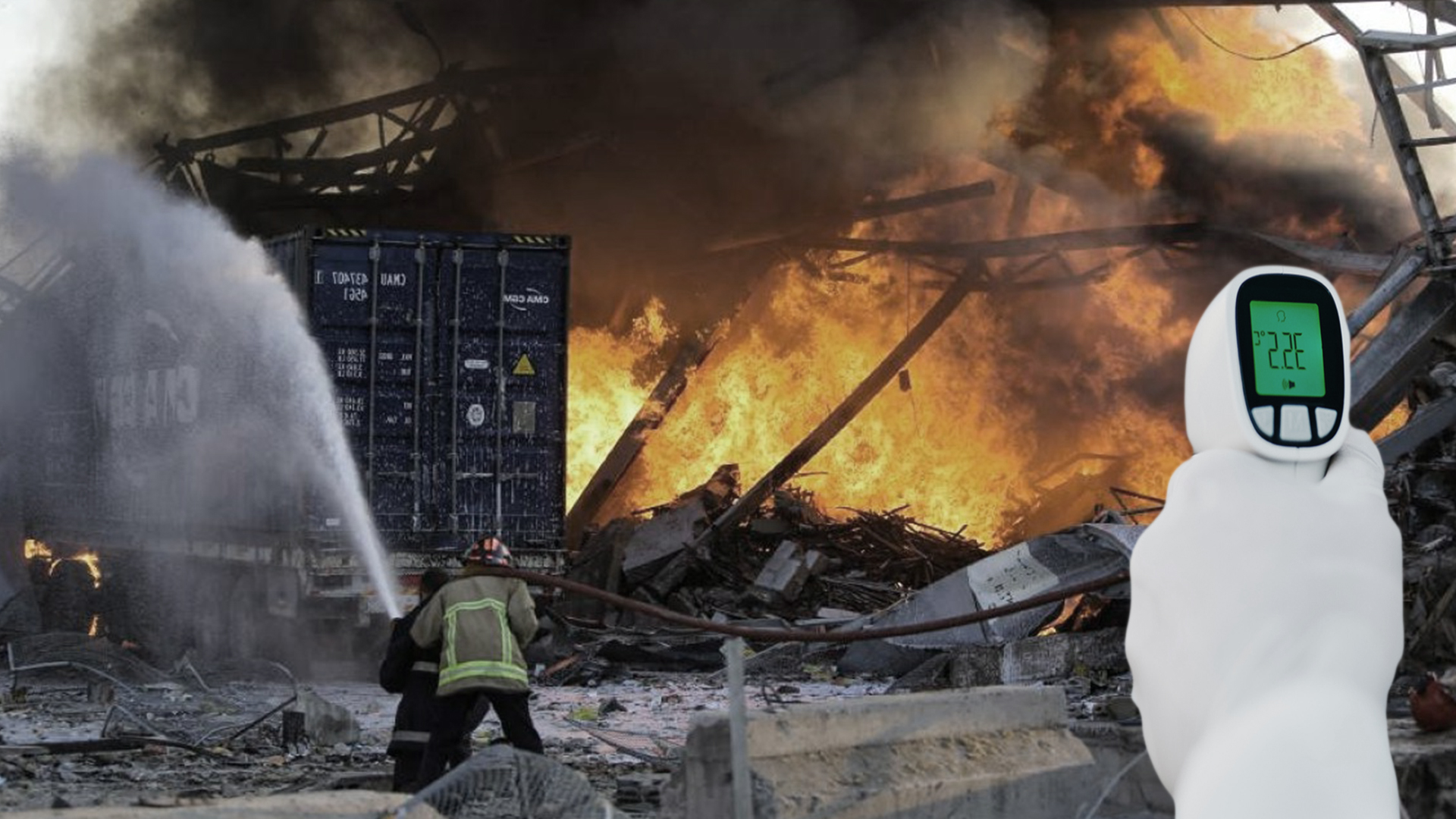ALEPPO, Syria (North Press) – The recent spread of the coronavirus outbreak in the city of Aleppo, northern Syria, has had a great impact on the commercial sector, which was already suffering from an economic recession.
The pandemic caused great losses to merchants, who piled large quantities of their goods in warehouses without selling them.
Since the beginning of last month, coronavirus has gradually spread in the city of Aleppo, amid government secrecy about the reality of the virus’ spread and the weakness of government’s healthcare system.
Aleppo has recorded 185 cases of coronavirus so far, including 18 recoveries and three deaths, while the total number infections in Syria has reached 1,593, according to the data of the Syrian Ministry of Health in Damascus.
Omar Abdel Kafi al-Akkad, a food merchant in Aleppo, said that the rapid outbreak of the coronavirus was a harsh blow to merchants due to the economic sanctions imposed on the Syrian government.
The United States of America and the European Union countries have imposed economic and political sanctions on the Syrian government since 2011, which launched the Syrian economy into a severe recession.
al-Akkad told North Press he was no longer able to dispose of the goods previously stored in his warehouse, after decreases in buying and selling and the reluctance of many people to buy foodstuffs in favor of medicines and medical treatments.
He pointed out that the outbreak of coronavirus has led to a the cessation of many businesses, which has had a negative impact on workers and people with limited income who depend on a daily wage.
“Coronavirus is not the only reason for the decline in commercial access; the Beirut port explosion also had a strong impact on us, as many merchants lost large quantities of goods which were in the port at the moment of the explosion,” al-Akkad said.
The Beirut explosion also greatly affected the Syrian economy, especially in the city of Aleppo, which is the main artery for production in the local and international market.
Experts estimated the losses of Syrian merchants in the port of Beirut at more than one billion US dollars.
Merchant Ghazi Abdul Hamid told North Press that various commercial markets and major stores are witnessing low turnout by shoppers, with the exception of the medical sector.
“The Syrian government has no role in supporting commercial movement, and its role is limited only to imposing taxes and enacting laws that impede the movement of money and business,” he said.
Mohammad Ameer Mira, Vice President of the Chamber of Commerce in Aleppo, expects the return of commercial activity soon, and that the market will gradually recover with the decrease in infections.
With regard to the losses of merchants and the government’s role in supporting commercial movement, he stated that in trading there is a clear fact, which is “seeking profit may cause loss.”
He concluded that “we are in an exceptional health situation, and it is natural for the commercial sector and market movement to be affected, and we appreciate their losses and their suffering.”

